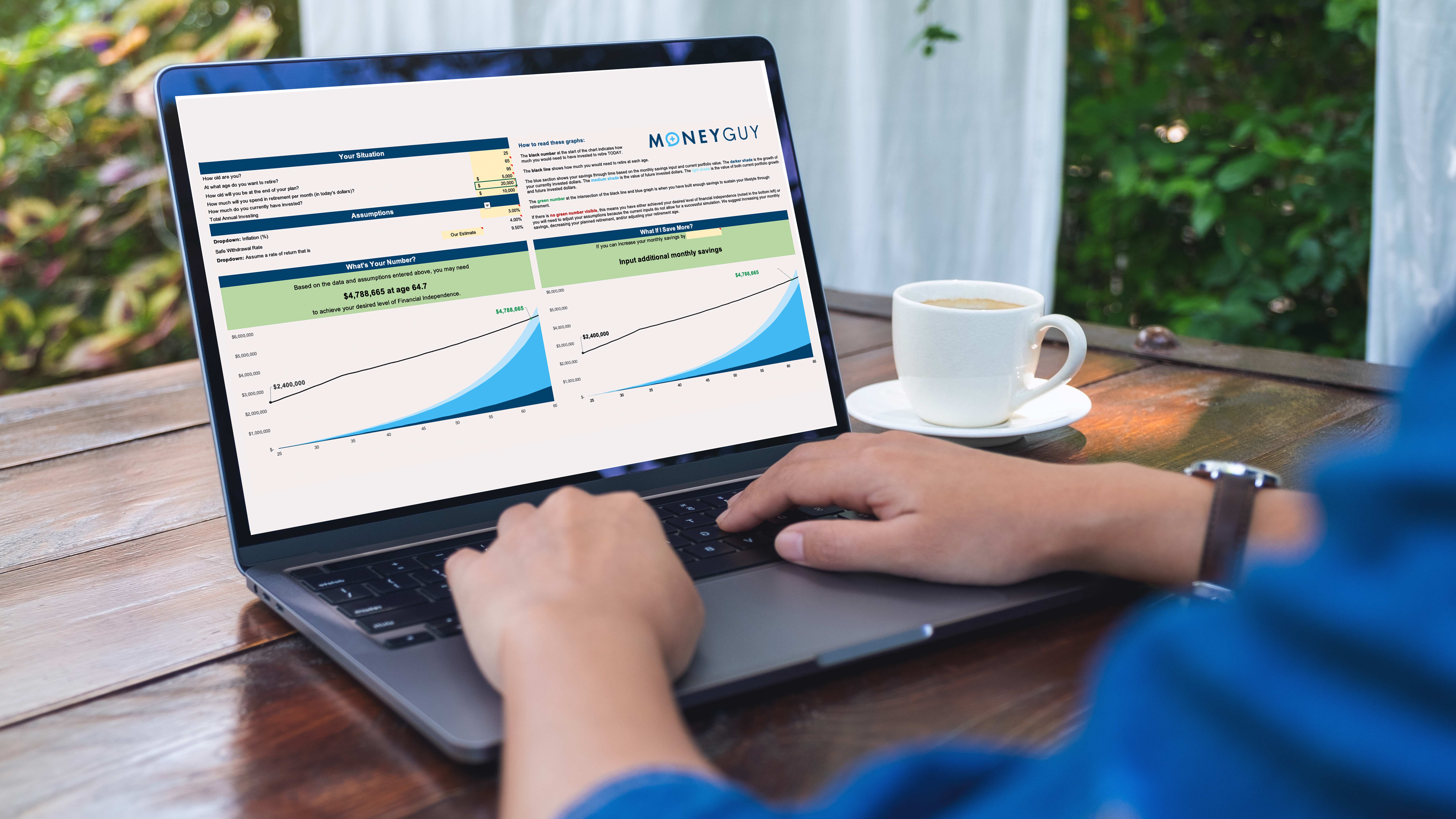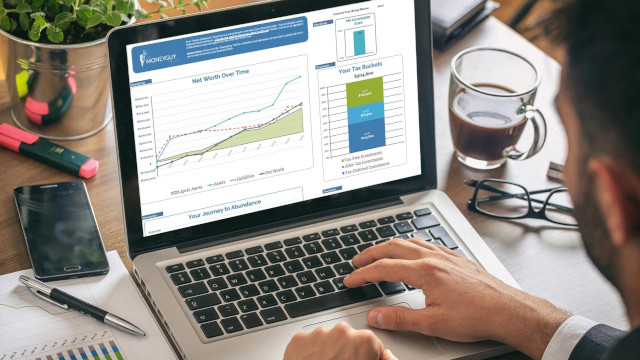
Change your life by
managing your money better.
Subscribe to our free weekly newsletter by entering your email address below.

Subscribe to our free weekly newsletter by entering your email address below.
Even though the economy has shown some signs of life over the last month and a half, I feel it is safe to say we are still in or around the low-point of the economic cycle, the trough if you will. Many individuals are feeling that because things have gotten so bad, now may be a good time to ‘start over’. This starting over can mean many different things for many different people. For some it may mean making that jump from renting to buying due to historically low mortgage rates coupled with depressed home prices, or maybe it means purchasing that vacation home or rental property you have been thinking about. For others, this catharsis of the financial system may signal that it is time for a career change or maybe time to branch out and start your own business.
This topic really hits home with me personally because it was during the last bear market that I took that leap of faith and stepped out to start my own business. Fortunately, it has proven to have been a good decision. It was not a haphazard and hasty decision, however. It took a lot of patience, planning, and saving by both me and my wife to make sure that we would be able to, and could afford to, take this risk.
As you listen to the show, I try to walk through each stage of adult life that you may be in and provide you with some thoughts and considerations to make before making a significant life change. Listen for some of the following high points:
In the show I also give a big shout out to Erin at Atomic Podcasts as well as the team at ABC’s local affiliate station, WSB.
To wrap up the show, I thought it would be fun to share an article with you done by InsideCRM.com. The title of this article is ‘14 Big Businesses That Started in a Recession‘. For those of you who are contemplating starting your own business, I hope this article provides you with a glimmer of hope for what could be!
I also read a few listener emails, comments, and criticisms concerning last weeks show, How to Build Your Credit Score.


How Much Should You Save?
How much of your income can you replace in retirement? You can replace different portions of your income in retirement…
View Resource
The Money Guy Guide to Retirement
Here are 9 insights you don’t want to miss… Whether you are 30 years away from retirement or 5 years…
View Resource
Financial Order of Operations®: Maximize Your Army of Dollar Bills!
Here are the 9 steps you’ve been waiting for Building wealth is simple when you know what to do and…
View Resource
Is a High Yield Savings Account Still the Best Place to Keep an Emergency Fund?
Read MoreAre We Financial Misers for Investing 60% of Income in Your Mid-20s?
Read MoreHow Everyday 30-Year-Olds Can Stay on the Path to Becoming Millionaires!
Read More

How about more sense and more money?
Check for blindspots and shift into the financial fast-lane. Join a community of like minded Financial Mutants as we accelerate our wealth building process and have fun while doing it.




It's like finding some change in the couch cushions.
Watch or listen every week to learn and apply financial strategies to grow your wealth and live your best life.
Subscribe to our free weekly newsletter by entering your email address below.